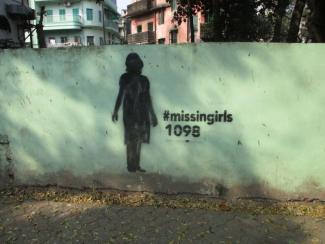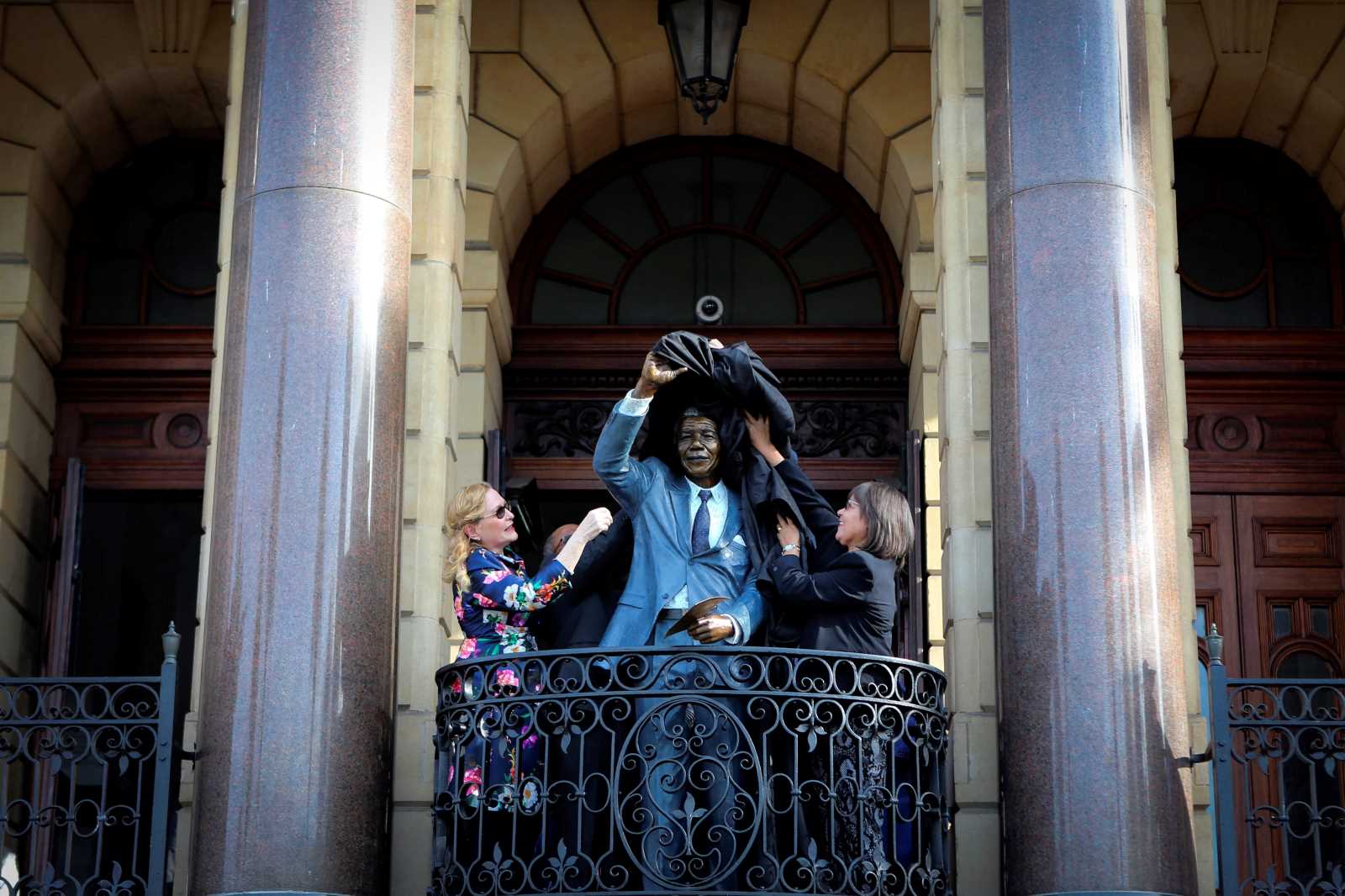Civil society
Inadequately regulated

Prudent laws can ensure that NGO governance is in line with democratic principles. NGO leaders should give account of activities and financing to members, clients, the general public and the state. Transparency is needed to confirm that funds are used for an NGO’s mission for example. The effectiveness and efficiency of civil society thus depends on good regulations.
According to Muhammad Ahsan Rana of the Lahore University of Management Sciences, Pakistan’s rules concerning NGOs are outdated. As the scholar points out in a recent essay, relevant data is not being collected systematically. All too often, Rana writes, registration is “the first and last contact between NGOs and the government authorities responsible for their regulation”. One result is that nobody has a clear idea of how many NGOs there are in Pakistan and what exactly they are doing.
Many NGOs are not registered, Rana explains, and they are under no legal obligation to become registered. Some NGOs are registered as societies, others as companies and yet others as trusts or voluntary social-welfare agencies. Depending on their legal status, different duties apply. The relevant laws are from the colonial era. Rana argues they should be amended to fit contemporary social needs as NGOs have been playing “an increasingly important role in providing services and in lobbying for civic rights” since the 1970s.
In the scholar’s eyes, the “indifferent” state is missing an opportunity to coordinate government programmes with civil-society activism in a way that would optimise service delivery to the poorest citizens. Rana does not endorse governmental aspirations to protect Pakistani culture, values and interests and argues that these terms are too amorphous. What matters to him is that prudent regulation would facilitate interaction of state agencies with civil society. As things are, however, attempts to regulate NGO-state interaction are primarily seen as the expression of “one party’s desire to exercise control and the other’s desire to avoid it”, Rana concludes.
Rana’s essay was published in the Mumbai-based Economic and Political Weekly (EPW), the most important social-science journal in South Asia. One of Rana’s proposals is that Pakistan could learn some lessons from India, where both the national and state legislatures have passed relevant laws and where new institutional arrangements for NGOs have been defined. Such praise, however, does not mean that things are going well in India, as another essay in the same EPW edition shows. It assesses the legal status of non-profit organisations and was written by Rajesh Tandon, the founder-director of the Delhi-based think tank PRIA (Participatory Research in Asia).
According to Tandon, the Indian scenario is similarly confusing as the Pakistani one. Not all relevant non-profit organisations are registered, and, as in Pakistan, registration can be done with various definitions according to laws that date back to colonial times. In India too, the exact number of organisations is unknown. Moreover, it remains unclear to what extent non-profit organisations are allowed to be involved in commercial activities.
Like Rana, Tandon is not keen on giving the government control of NGOs. He calls for better rules to safeguard the public goods. His conclusion is that “it is in the interest of Indian civil society to have a reformed institutional and legal framework for registration, reporting and management of their organisations.”
References
Rana, M. A., 2017: Perfect strangers – The state and NGOs in Pakistan. EPW, January 21, p. 93.
http://www.epw.in/journal/2017/3/special-articles/perfect-strangers.html
Tandon, R., 2017: The hidden universe of non-profit organisations in India. EPW, January 21, p. 79.
http://www.epw.in/journal/2017/3/insight/hidden-universe-non-profit-organisations-india.html












